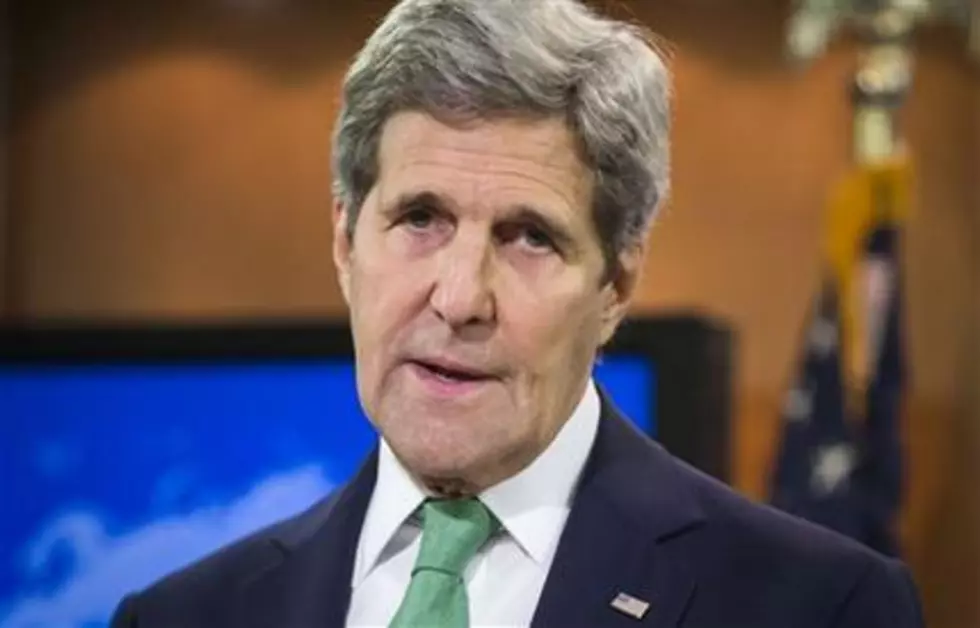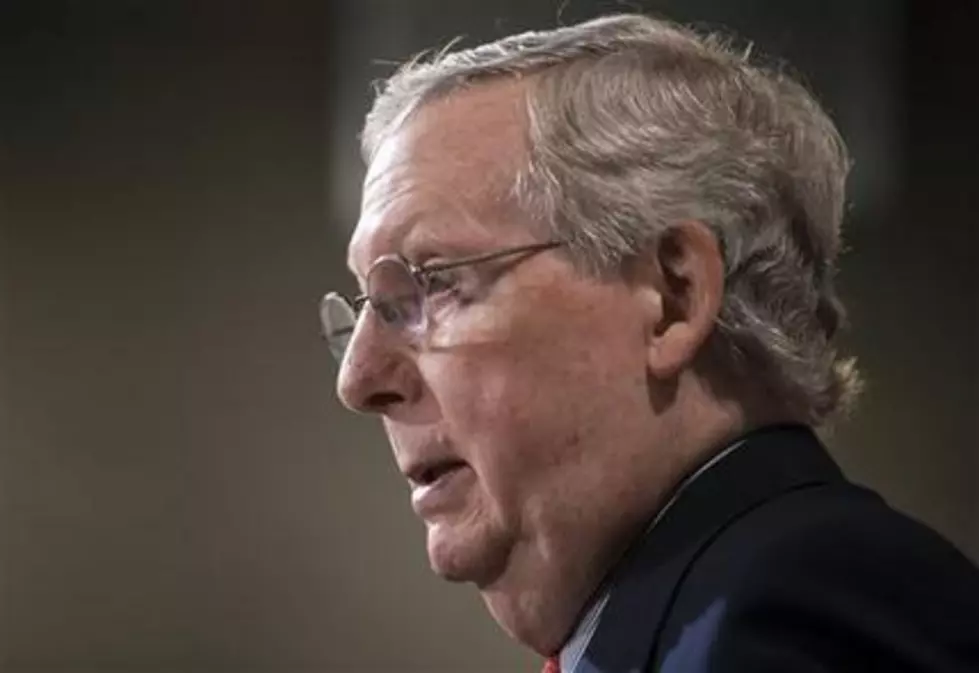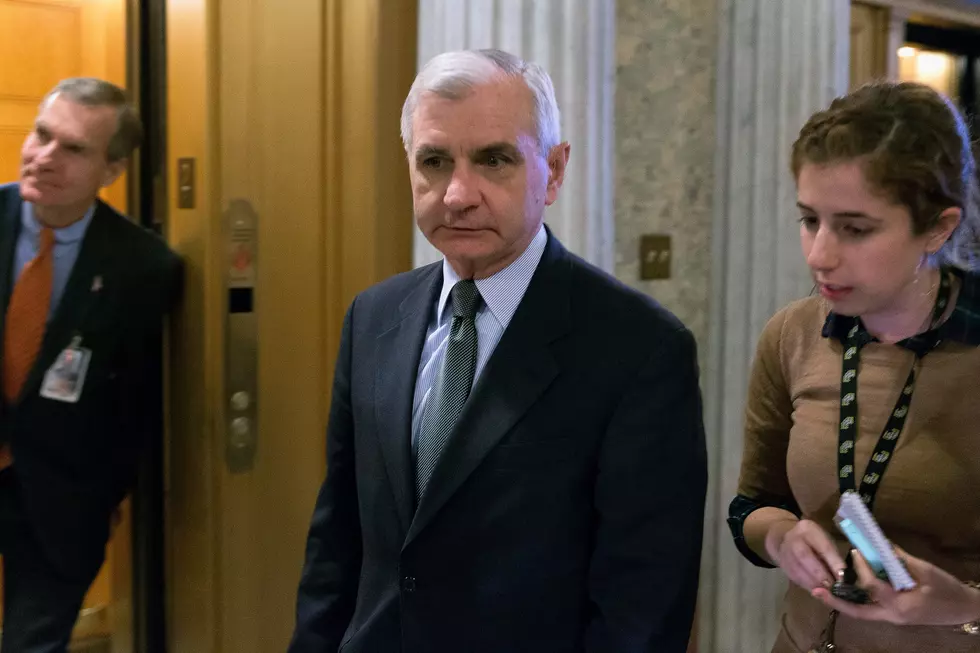
Iraqi PM’s Alliance is Biggest Election Winner
A coalition led by Iraq's Shiite prime minister emerged Monday as the biggest winner in the country's first parliamentary elections since the U.S. military withdrawal in 2011, electoral officials said, as the embattled premier is seeking a third term in office despite political turmoil and rising violence.
The results boost Nouri al-Maliki's chances for a new term, though he still needs to approach other groups in order to secure a broader majority coalition inside parliament that will get the first crack at forming a government.
The parliamentary election was the third since the 2003 U.S.-led invasion that removed dictator Saddam Hussein's Sunni-led regime and brought the long-oppressed Shiite majority to power. It came at a perilous moment for Iraq, with the country sinking back into a brutal cycle of bloodshed that claimed more than 8,800 lives last year alone.
The resurgence of sectarian violence, which nearly tore Iraq apart in 2006 and 2007, is being fueled both by deep-seated divisions within Iraq and the three-year-old civil war in neighboring Syria.
More than 9,000 candidates from across Iraq vied for the parliament's 328 seats in the April 30 election. Electoral officials reported that 62 percent of the 22 million eligible voters cast ballots - the same turnout as in the last parliamentary elections in 2010.
The results released Monday by the Independent High Electoral Commission, showed that al-Maliki's State of Law gained 92 seats. The list took the lead in 10 of 18 provinces.
Firebrand Shiite cleric, Muqtada al-Sadr's main al-Ahrar bloc came second with 28 seats, followed by powerful Shiite cleric Ammar al-Hakim's al-Muwatin with 29.
Sunni parliament speaker, Osama al-Nujaifi's Mutahidoun ended up with 23 seats, while former prime minister Ayad Allawi's Sunni-backed al-Wataniya list won 21 seats. Sunni Deputy Prime Minister, Saleh al-Mutlaq's al-Arabiya list gained nine seats.
Negotiations to choose a new government will likely drag on for weeks, if not months.
It took political rivals nine months to form the last government in 2010. Even then, lawmakers failed for years to agree on the candidates for the powerful ministers of defense and interior. Al-Maliki himself retains the role of acting interior minister to this day.
Under Iraq's constitution, the president must ask the new parliament to convene 15 days after results are ratified.
Iraq's current president, Jalal Talabani, suffered a stroke in late 2012. He has largely withdrawn from public life but is not expected to delay the government formation process. His is a largely ceremonial role.
Once parliament convenes, lawmakers then must choose not only a new prime minister but also a president and speaker of parliament.
---
Follow Sinan Salaheddin on Twitter at https://twitter.com/sinansm
More From New Jersey 101.5 FM









